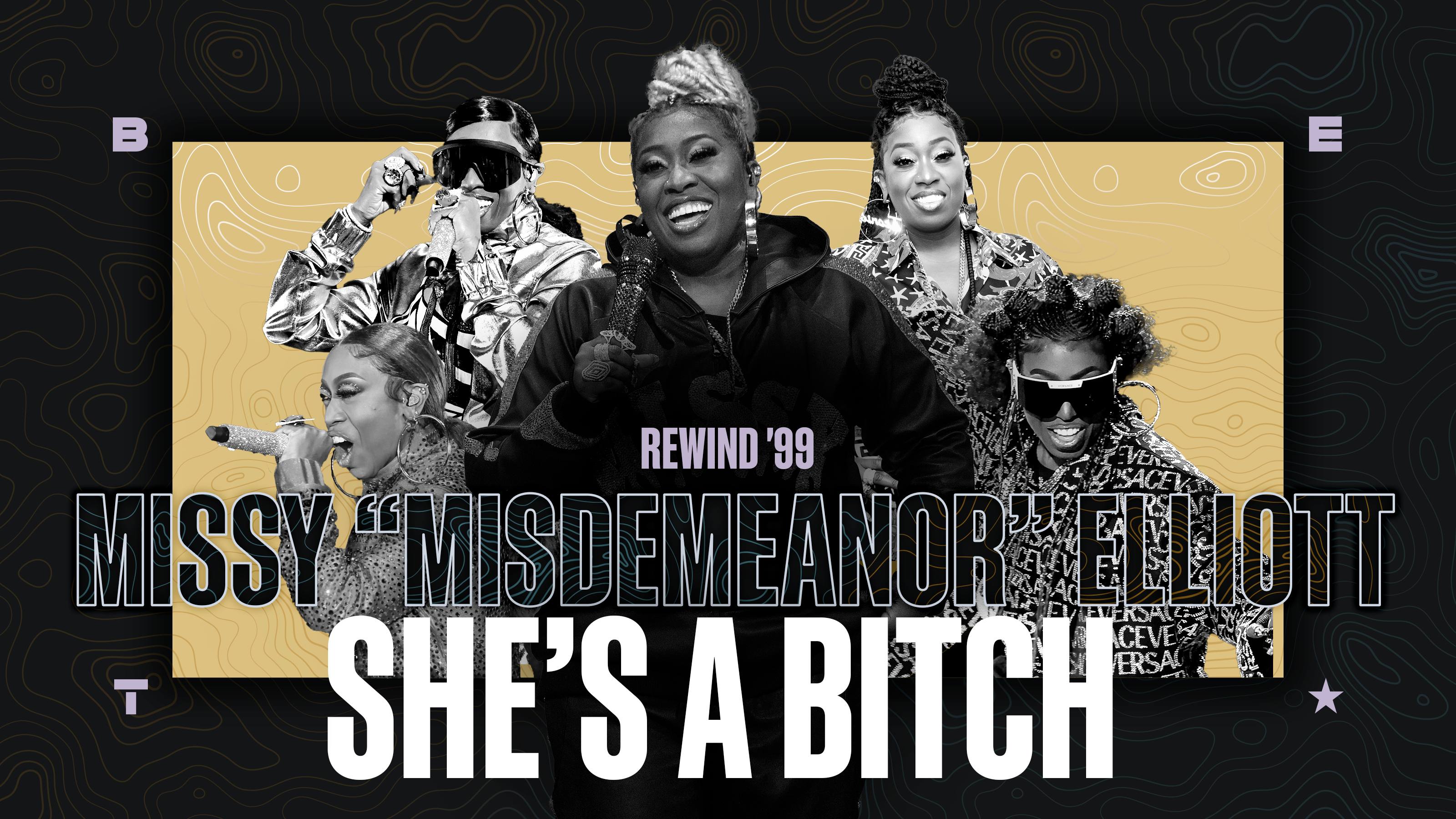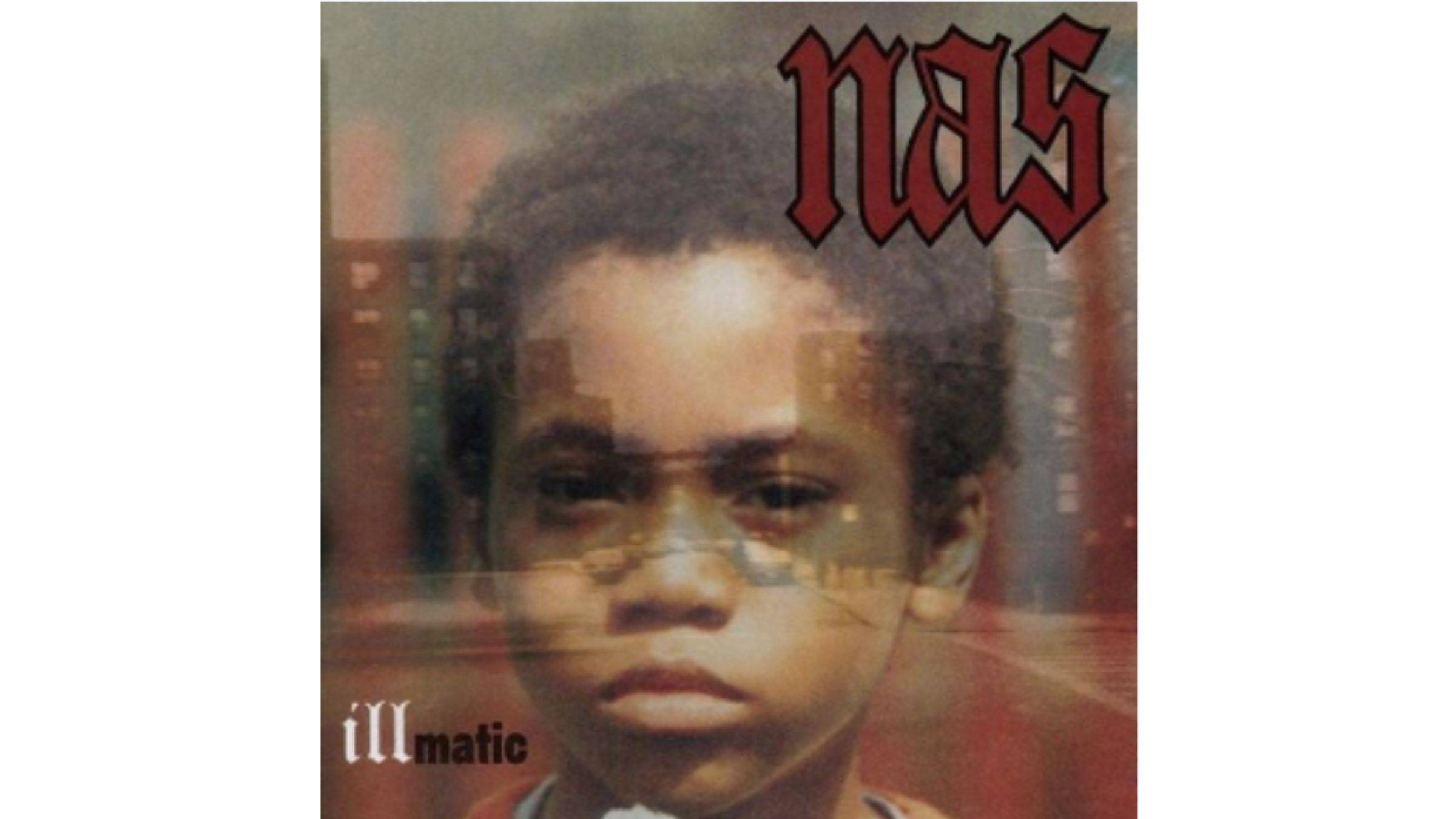Would D.C. Get More Respect If It Were Less Black and More Republican?

(Photo: REUTERS/Carlos Barria/Landov)
In most cities across the nation, April 15 is usually tax day. In the District of Columbia, April 15 is D.C. Emancipation Day, and a group of residents from different walks of life led by Howard University students are planning a peaceful demonstration on Capitol Hill for full rights. It comes on the heels of the arrest of local political leaders protesting on Capitol Hill earlier this week.
Washington is the nation’s political epicenter, but for many residents, who are predominately African-American, it sometimes feels more like a plantation. Unlike other cities, D.C.'s government doesn’t have full control over its purse strings—the U.S. Congress does. This enables Congress to force onto the district policies residents object to, such as the controversial rider in the continuing resolution that lawmakers will vote on Thursday that prohibits the district from using local funds to pay for abortions for low-income women. The CR also expands a private school voucher plan that local leaders oppose and that takes much needed funding from the city’s public school system, cutting $800 million from educational programs.
Is it a Black thing?
According to George Mason University political scientist and D.C. resident Michael Fauntroy, it’s a combination of race and partisan politics.
“I think it’s race and the fact that the city’s unique political status has created an environment in which partisan politics and other forces come to see the District as a sort of playground or laboratory in which they can conduct any experiment they want. We’ve seen it most recently with the restart of the voucher program,” he says.
It’s also a Republican thing, says Ilir Zherka, executive director of D.C. Vote, a nonprofit organization that works to end a governing system of taxation without representation.
“If it were more Republican that would certainly change the dynamics considerably. When we were pushing the D.C. Voting Rights Act and Republicans fought our efforts vigorously, their big concern was that if we won and got representation in the House that we’d be successful in getting representation in the Senate, and that would mean two more Democratic votes in Congress,” he says. “If the votes could have potentially been Republican, I suspect that would change the equation.”
Either way, the city’s Black residents are adversely impacted. Because the District doesn’t have full control of its local budget and laws, Zherka explains, it cannot collect tax revenues from close to 71 percent of people who work in the city but live in surrounding states. It also cannot collect property taxes from the federal government, embassies and other entities that take up more than 40 percent of land there.





